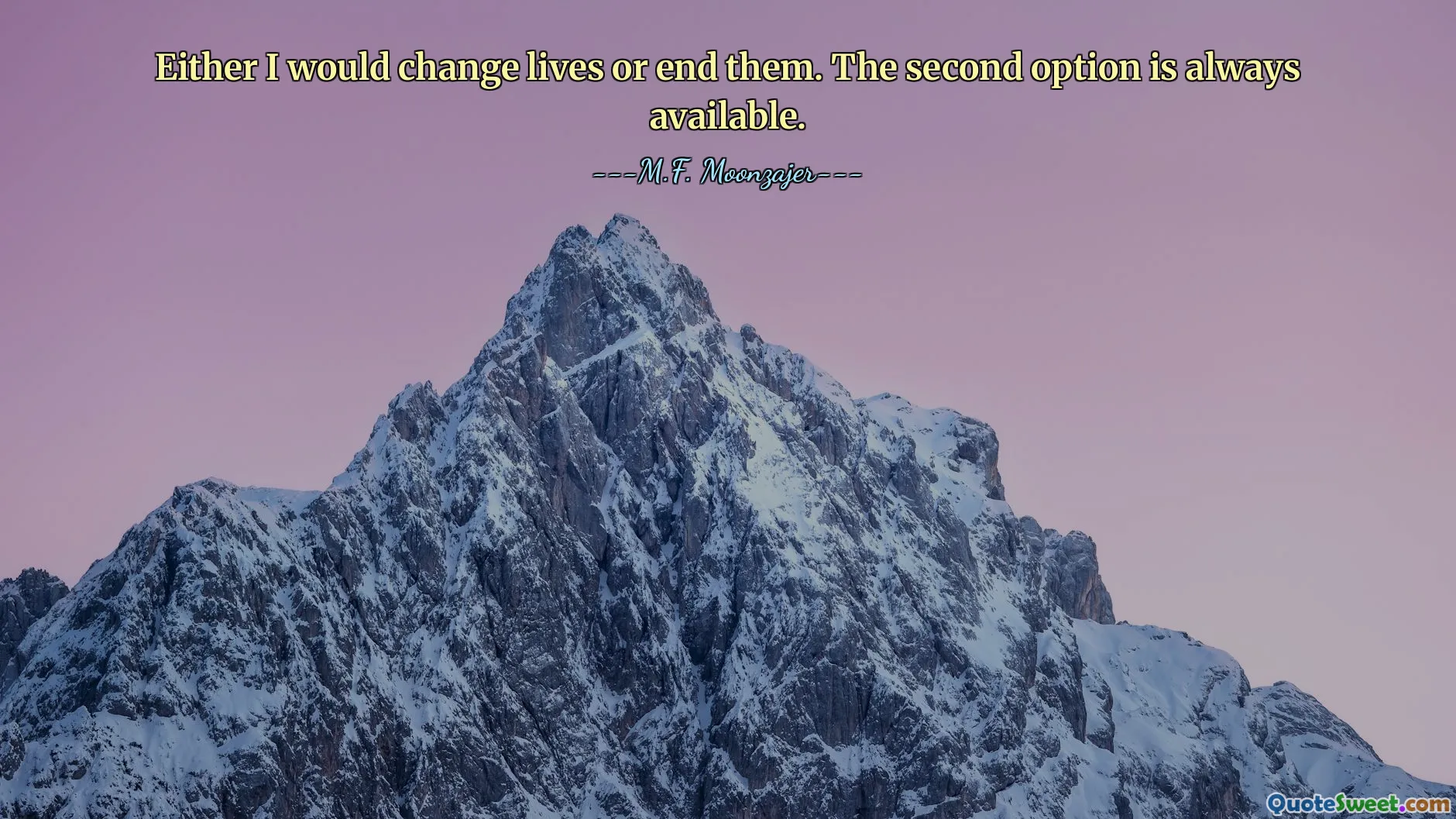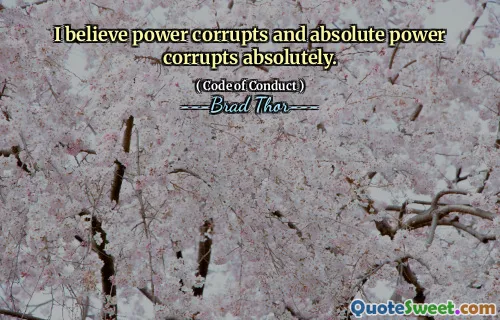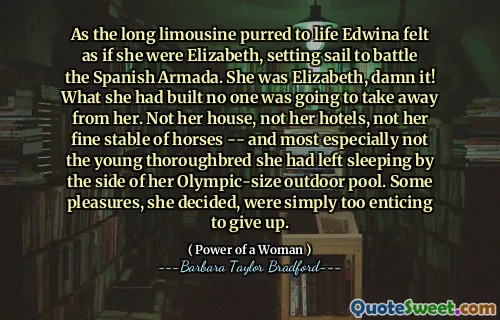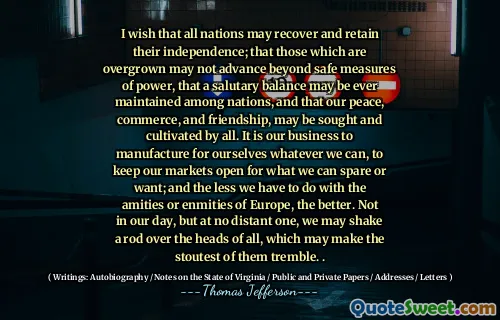
Either I would change lives or end them. The second option is always available.
This quote starkly presents two extremes that reflect significant power and responsibility — the power to change lives meaningfully, or the power to end them. It forces a confrontation with the reality that in many situations, individuals can have profound impacts both positively and negatively. The mention of the "second option" being "always available" serves as a somber reminder of the gravitas of each choice we make. It highlights the duality of human capability, to either create or destroy, to uplift or demolish. Such a perspective evokes deep introspection about moral accountability and the consequences of our actions. It's provocative because it challenges us to consider our own agency in the world; are we striving to change lives for the better, or are we passively aware that ending—whether metaphorical or literal—is a lingering potential? The tone might seem harsh, but perhaps it’s a call to choose deliberate, constructive action over destructive tendencies. This quote also touches upon existential choices, underlining how sometimes people feel the weight of their decisions down to life and death, metaphorically or otherwise. It resonates especially in contexts relating to mental health, leadership, or profound interpersonal influence: reminding us of the power we hold over our environment and one another. Ultimately, it underscores the responsibility that comes with such power, and the solemn awareness that even when life-changing positivity is hard to enact, the option to end things is tragically always within reach.











